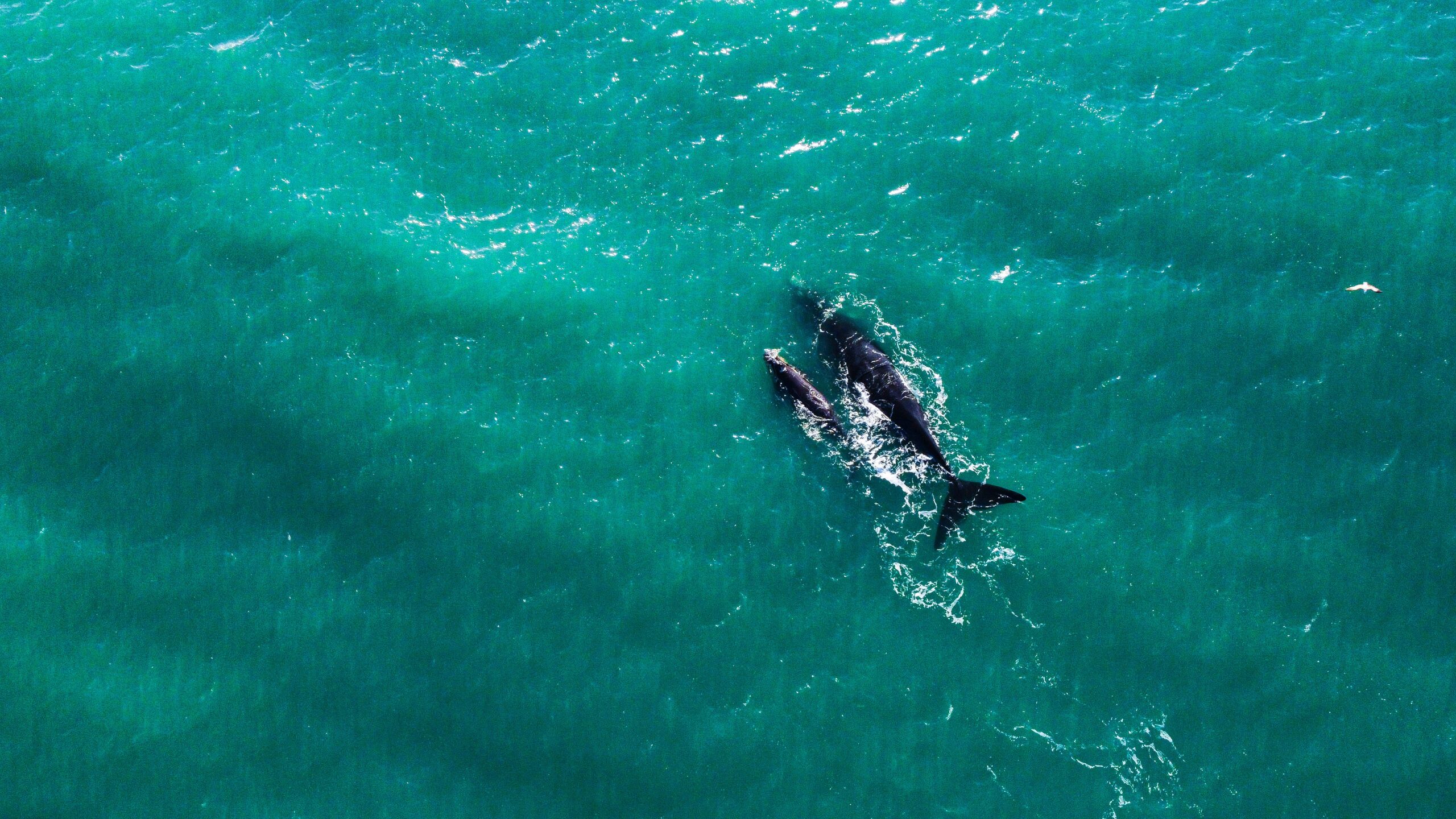In a landmark step for ocean conservation, Argentina has officially designated a vast new marine protected area along its southern coast — one nearly the size of Greater London.
The newly established Patagonia Azul Provincial Park spans 729,000 acres (around 295,000 hectares) in Chubut Province, securing a critical stretch of coastal and marine ecosystems in the Argentine Patagonia. The park provides vital habitat for iconic species such as southern right whales, Magellanic penguins, elephant seals, and over 60 species of seabirds.
But this achievement is about more than biodiversity. The park also lays the groundwork for a future in which local communities benefit directly from conservation. By boosting eco-tourism, encouraging sustainable livelihoods, and offering long-term protection for fisheries, Patagonia Azul demonstrates how marine protection can fuel both environmental and economic resilience.
“It’s not just about saving species — it’s about sustaining communities and cultures that depend on healthy oceans,” said a spokesperson from Rewilding Argentina, one of the NGOs instrumental in the park’s creation.
The declaration, made official in May 2025, is the result of more than a decade of collaboration between marine scientists, Indigenous leaders, provincial authorities, and conservation organisations including Rewilding Argentina and Tompkins Conservation. The effort is being celebrated as a powerful example of what coalition-based conservation can achieve — especially at a time when the world urgently needs to scale up protection for marine ecosystems.
With less than 8% of the global ocean currently protected, Patagonia Azul is a welcome reminder of what’s possible when ambition, science, and public interest align.
“When countries commit to protecting the ocean on this scale, they’re not just conserving wildlife — they’re securing futures,” said a marine policy expert at the ongoing UN Ocean Conference in Nice.
As pressure mounts for governments to meet the 30×30 goal — protecting 30% of the world’s land and oceans by 2030 — Patagonia Azul stands as a beacon of hope, leadership, and proof that large-scale change is not only necessary, but entirely achievable.
